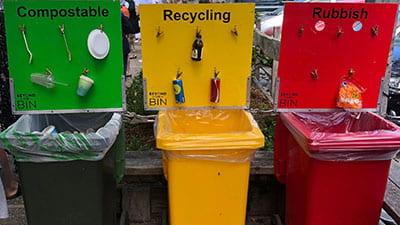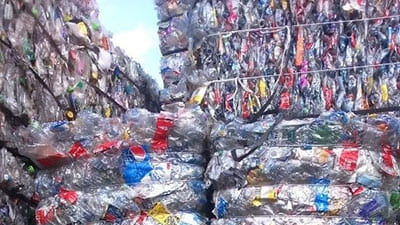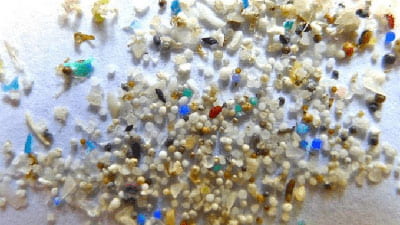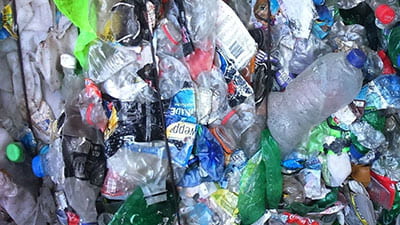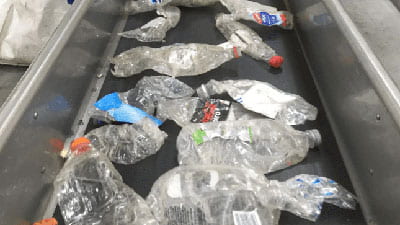Rethinking plastics in Aotearoa New Zealand
Our panel set out with a bold and broad scope – to find ways to reduce the size of the plastic shadow that is cast by modern life. While we initially tried to reduce this scope, we ended up realising that plastic is everywhere and we must approach it from all angles simultaneously. Tackling the problem of plastic waste needs a systems change, a collection of adjustments – some large, some small – across all aspects of society. To begin, we painted ourselves a vision of what the future could look like if we make these changes. We present a vision that sets the stage for what follows. Aotearoa New Zealand can rethink how we use plastic, but the evidence-base to support these decisions in a system-wide way is lacking. In order to support evidence-informed decisions, we have collated and synthesised information and expert opinion to provide government with a rigorous system-wide overview of plastic in 2019, in the context of international best practice.
Aotearoa New Zealand can rethink how we use plastic, but the evidence base to support these decisions in a system-wide way is lacking
Rethinking Plastics aims to contribute to a society-wide change of heart and practice. Clear national goals, readily available information for shoppers and household use, aligned infrastructure and a few well-targeted rule changes could achieve significant, durable improvements while researchers and innovative businesses create new materials and business models. We seek to provide a trusted source of information for the public on the state of plastic use and a pathway forward for Aotearoa New Zealand. The global spotlight is on plastics and there is a groundswell of activity to build on. We are at a pivotal point where we can rethink how we use plastics to reduce the negative impacts while retaining its many benefits. Now is the time to seize this opportunity.

Downloads
Rethink plastics at your desired level: ‘At a glance’ is a two-page summary, ‘Key messages’ has 40 pages of need-to-know info, and the full report is a detailed tome to fully satisfy your curiosity. We’ve also collated all infographics developed for the report into one handy powerpoint.
Happy reading!
Rethinking plastics report – web version
Explore the content of our ‘Rethinking plastics’ report via the buttons below.
Motivation for rethinking plastics
Changing our relationship with plastics
Ideas for a more sustainable future – embracing innovation
Plastics and the environment
Quantifying Aotearoa's plastic – New Zealand's data challenge
Abbreviations and appendices
Case studies
Released on: 8 Dec 2019
Last edited: 21 April 2023

